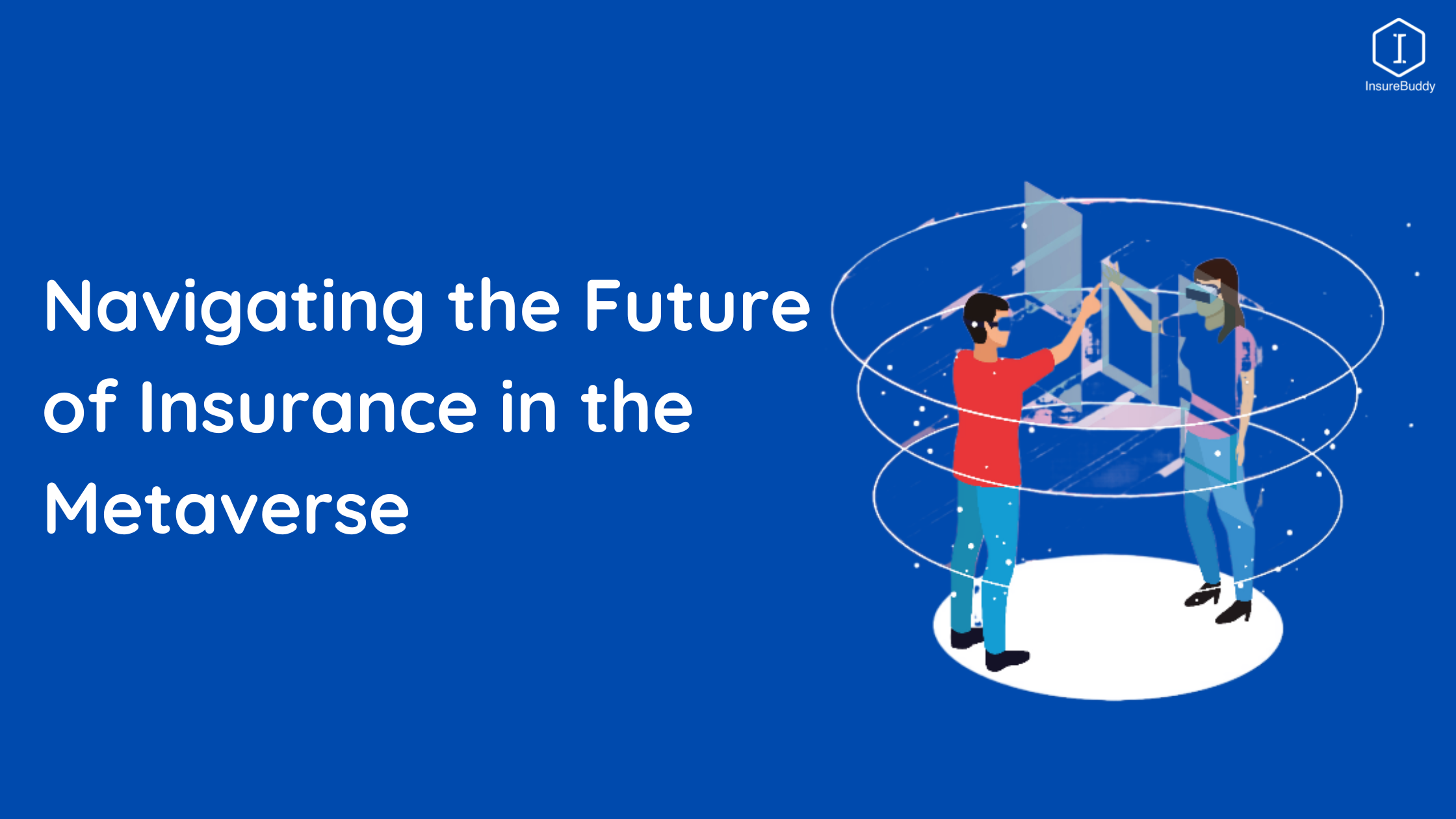
Navigating the Future of Insurance in the Metaverse
71% of global executives state that the Metaverse will have a positive impact on their organizations, with 42% believing it will be a breakthrough or transformational- Accenture, Meet me in Metaverse
Customers today aren’t simply looking for financial protection. They want personalized solutions presented in the context of their day-to-day lives, be it while buying a car, planning for retirement, or starting a business. Customers expect insurers to go beyond their risk-transfer obligations and offer end-to-end solutions, covering risk prediction, prevention, and intervention and underpin those services with powerful digital and data capabilities.- Insurance Reimagined, PWC 2025
Metaverse offers the insurance industry new possibilities for customer connections, innovative products, risk strategies, and business growth. Let's explore how it will transform the sector for greater efficiency and customer engagement.
Few Use cases of a metaverse in the Insurance Sector
Customer Experience:
Digital avatars allow customers to interact with insurance companies and their representatives in a virtual environment. This can make the experience more engaging and personal and can help build trust between customers and insurance providers.
AR and VR can create interactive educational experiences for policyholders to understand coverage and claims process. It can allow for easy and convenient transactions, such as payments and submissions of insurance or claim-related documents.
Employee Engagement
Virtual offices in the metaverse offer a more personalized and efficient experience for collaboration, idea sharing, job interviews, onboarding, training, and performance management.
Claim Processing
Metaverse in insurance can boost efficiency for claim adjusters during POS and FNOL. Interactive 3D models in insurance enable assessors to virtually walk through an incident scene from anywhere, improving accuracy and assessment speed. By utilizing these innovative tools, the insurance industry can improve, and reduce the time required to resolve claims.
Personalized Insurance Services
Insurance companies can utilize data from users' digital avatars to determine risk profiles, coverage, and pricing for policies, based on factors such as virtual habits, spending patterns, and metaverse activity. This can provide a new channel for insurers to reach new customers and increase their reach.
AR and VR can be used to assess risk and provide customers with personalized insurance quotes in real time. For example, virtual walkthroughs of a customer's home or business can assess the risk of damage from natural disasters or other threats.
Metaverse Insurance Projects
IMA Financial Group, a North American integrated financial services company, has established its own IMA Web3Labs, which is the first research and development facility in the insurance metaverse focused on insurance and risk management. It serves as a hub for innovation and collaboration to enhance customer experiences and business outcomes.
AXA Hong Kong's entry into The Sandbox metaverse is a significant development in the virtual reality insurance space. AXA's acquisition of a 3x3 LAND in the metaverse allows for a unique virtual insurance experience. This partnership with Sandbox and AXA Hong Kong highlights their commitment to shaping the insurance sector with engaging and immersive experiences.
Hubb, a commercial insurance broker is using metaverse to establish a hybrid working environment. This transition facilitates employee onboarding by giving a more personal and immersive experience than video meetings, while still allowing them to work from home. They have been hosting meetings via oculus’s horizon workrooms.
Opportunities for Insurance Providers
-Metaverse provides insurance companies with new engagement channels to build relationships, increase customer loyalty and retention
-The virtual nature of the metaverse will reduce operational costs for insurance companies, as they can function without the need for physical locations.
-The metaverse may create new markets for insurance products, such as virtual property insurance or cyber liability insurance.
How should Insurers prepare for Metaverse?
Insurers can prepare for Metaverse services by building an engagement system aligned with Metaverse principles
1. Embeddable Digital Avatars/digital humans
2. Voice Bots based on domain-specific NLU/NLP, ASR & TTS
3. Omni digital wallet capable of handling multiple payment rails
4. System of engagement with real-time personalized recommendations
